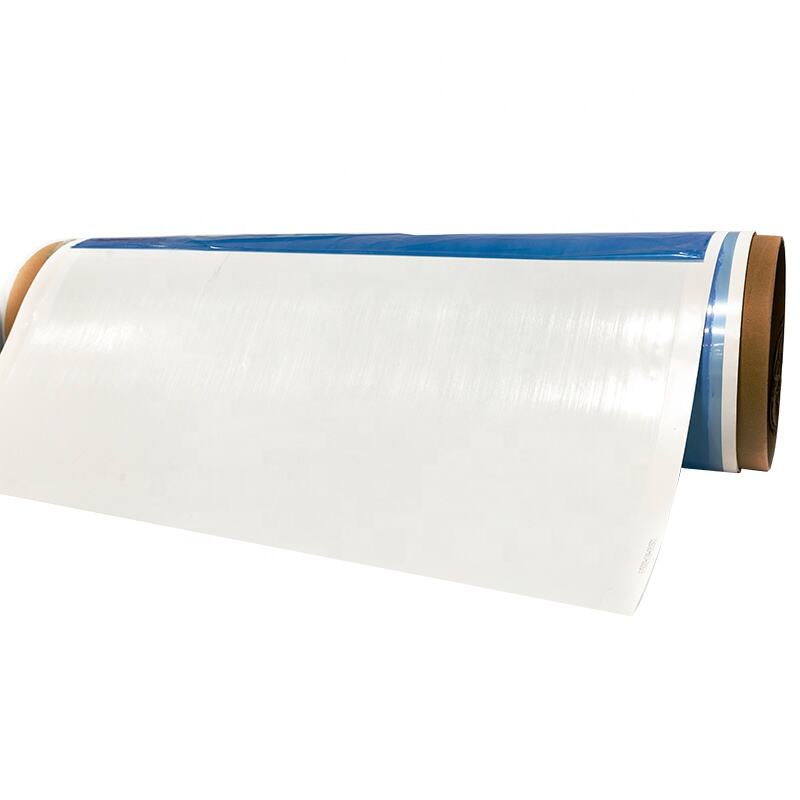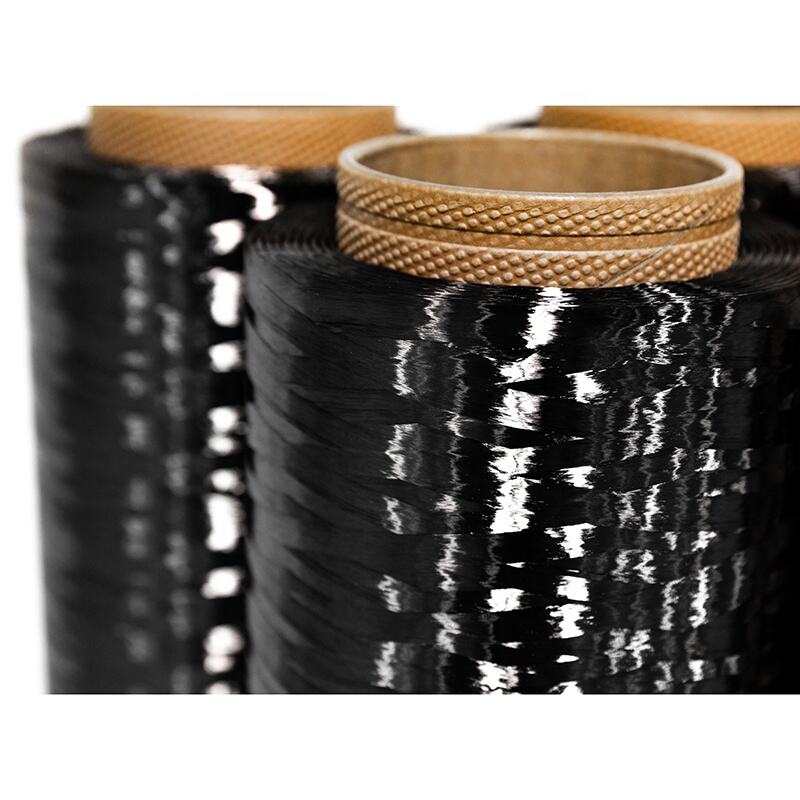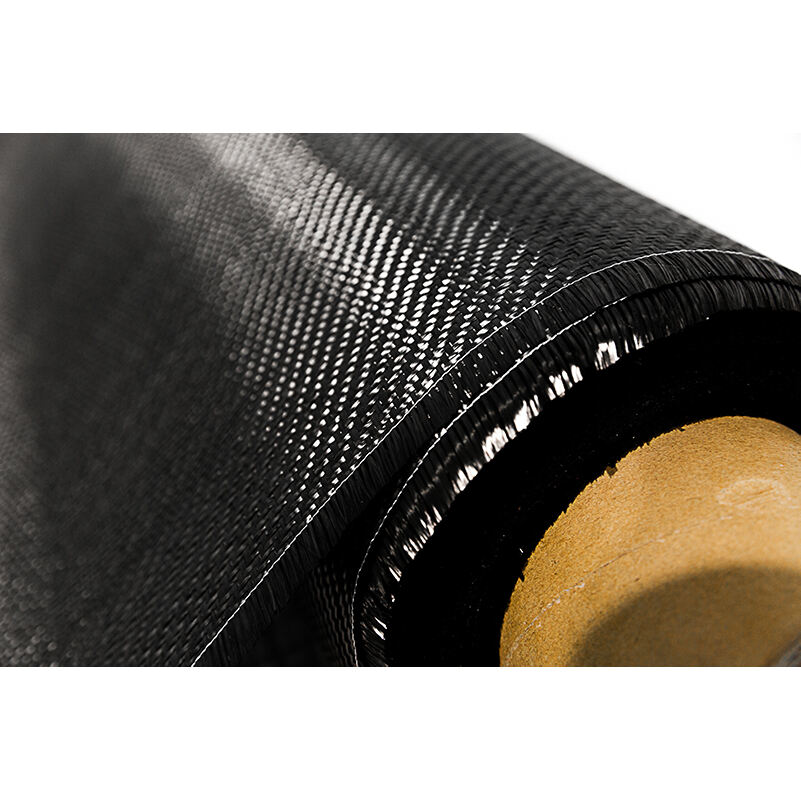carbon fiber material price
Carbon fiber material price represents a significant consideration in modern manufacturing and engineering applications. The cost structure typically ranges from $10 to $50 per pound for commercial grade material, varying based on quality, manufacturing process, and market demand. This advanced composite material combines exceptional strength-to-weight ratio with remarkable durability, making it increasingly popular across various industries. The pricing reflects the complex manufacturing process, which involves converting polyacrylonitrile fibers through oxidation and carbonization at extremely high temperatures. Market factors, including raw material availability, production capacity, and technological advancements, significantly influence the final price point. The carbon fiber industry has witnessed substantial growth in recent years, driven by increasing adoption in automotive, aerospace, and renewable energy sectors. This growth has led to more efficient production methods and gradually decreasing prices, though the material remains premium compared to traditional alternatives. The price structure also varies depending on the fiber grade, with aerospace-grade carbon fiber commanding higher prices due to stricter quality requirements and performance specifications.


